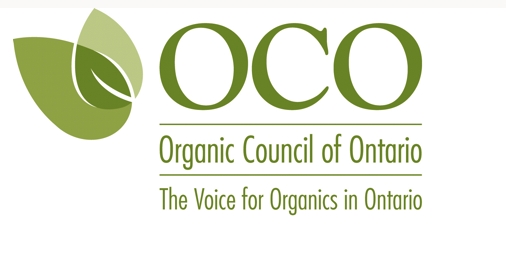
Features
Organic production
Production
Organic council receives funding to address challenges with organic inputs
The goal of the project is a sustainable, searchable database of approved organic inputs that is accurate and complete.
April 2, 2019 By Organics Council of Ontario

It could soon be easier to find organic inputs in Ontario. The Organic Council of Ontario (OCO), the association representing Ontario’s organic farmers and food businesses, was recently approved for funding through the Canadian Agricultural Partnership (the Partnership) to investigate the feasibility of creating a central database of approved organic inputs.
“The Canadian organic industry is one of Canada’s fastest growing agricultural sectors and our Government is proud to support this expanding industry,” said Marie-Claude Bibeau, federal Minister of Agriculture and Agri-Food. “This investment could provide the Ontario organic farmers and businesses with centralized access to the information they need to be successful and prosper, while supplying nutritious, sustainable, and high-quality organic products to consumers here in Canada and around the world.”
“Our government is committed to helping organic farmers and food businesses succeed through the Canadian Agricultural Partnership,” said Ernie Hardeman, Ontario’s Minister of Agriculture, Food and Rural Affairs. “A central database could help these hard-working farmers to make their businesses more profitable.”
“Finding inputs that are approved for organic production is a major challenge for Ontario’s organic producers and processors, as well as those transitioning to organic,” explains OCO chair and president, Rob Wallbridge. “The onus is usually on the operator to find organic inputs, and there is no one list of products that is reliable and complete.”
The association, which represents over 1,000 Ontario organic farmers and businesses, surveyed non-organic producers in 2017 and found that a lack of access to organic inputs was preventing many from transitioning to organic. A 2018 report by the Canadian Organic Growers confirmed this finding at a national level and recommended “the creation of a central resource of branded inputs allowed in organic production” as one of the top two solutions for growing organic supply.
“The problem is more complex than you would think,” says executive director Carolyn Young. “Reviewing inputs can be costly, but input suppliers don’t have to pay to be approved unless they wish to be listed publicly. Furthermore, certifying bodies are each legally responsible for their decisions and can be held liable. This means that many inputs that have been approved for organic production are not publicly listed and operators are confused about what they can use.”
The funding will help OCO and the Organic Value Chain Roundtable inputs task force conduct a more thorough investigation of the issue and seek buy-in from sector stakeholders. The goal of the project is a sustainable, searchable database of approved organic inputs that is accurate and complete.
This project will be funded in part through the Partnership, a federal-provincial-territorial initiative. The Agricultural Adaptation Council assists in the delivery of the Partnership in Ontario.
Print this page